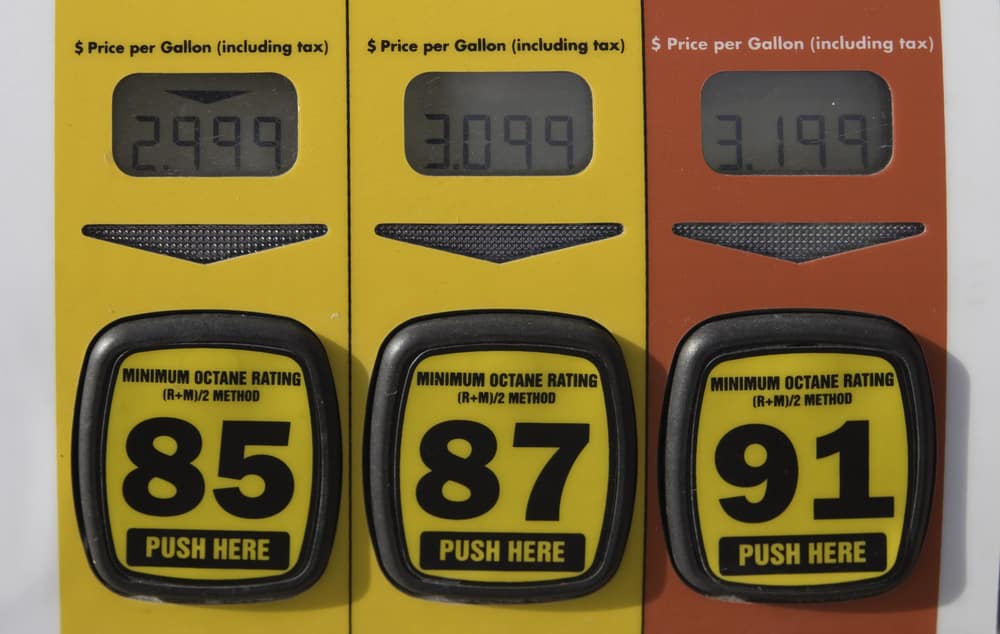Worldwide, the production of cars with a diesel engine increases by about 20 percent every year. First of all, the growth rate of diesel production is related to the annual tightening of basic environmental standards. There is also the growth of gasoline prices and the transition of many car owners to alternative fuels (rapeseed for DT production).
Each particular type of fuel has specific characteristics that ensure its quality operation in the respective season. Note that diesel and gasoline differ in the following properties:
- Diesel fuel vapors self-ignite under the influence of high temperature of the air, which is compressed in the engine;
- Gasoline vapors are mixed with the air mass and ignited by an electric spark. Specific devices produce this spark (in the internal combustion engine, it is the spark plugs).
The circumstances mentioned above result in different technologies in assemblies and parts for the appropriate equipment. Diesel engines are equipped with special glow plugs, providing heating of the air to the required temperatures. Also, the main elements of such machines are made of pretty durable materials. These parts and assemblies have to withstand the flash of detonation that occurs with each fuel ignition.
Differences in the production of gasoline and diesel
In terms of technical and chemical properties, diesel and gasoline have several differences and the method of production.
The three stages of diesel distillation:
- Obtaining the diesel fraction from crude oil by heating.
- Cracking (splitting) fractions at different temperatures.
- Hydrotreating of diesel fuel. Sulfur compounds, the percentage of diesel fuel strictly limited by regulations, are removed from diesel fuel.
- It is adding additives that improve the characteristics (frost resistance, viscosity, flowability).
- For winter fuel, the process of paraffin separation is mandatory.
Process of gasoline production:
- Gasoline fractions are also extracted from crude oil by heating. This produces straight-run gasoline, which contains a large amount of sulfur and aromatic hydrocarbons.
- The second stage of production by reforming or cracking increases the octane number and eliminates the sulfur and hydrocarbon fractions.
- Depending on the type of gasoline, additives are added to improve fuel parameters.
Why do many people choose diesel?
According to statistics by Max Oil Inc company, Many motorists prefer to buy cars with a diesel engine, even though their cost is 30 percent higher than that of gasoline engines. Why?
According to the study, about 25% of all new cars in the world are equipped with diesel engines, and the popularity of this type of fuel is increasing every year. Thus, ten years ago, only every 10th passenger car was diesel. According to expert forecasts, the share of such vehicles will increase by one and a half or two percentage points annually. The reasons: the rise in fuel prices and the tightening of environmental standards on the emission of harmful substances by cars (in many countries of the world for this reason drivers of vehicles with diesel engines are given discounts for the transport fee). One more advantage is the possibility to refuel with biodiesel (rapeseed), which becomes more and more actual in the light of the reduction of oil reserves.
But diesel also has disadvantages:
- Poor-quality fuel leads to rapid deterioration of the injectors.
- Maintenance is more expensive.
- It takes a long time to warm up.
- In winter, only winter fuel is required. Otherwise, the engine will not start.
- Maintenance. It costs 15-20% more than a gasoline engine.
As you can see, the car owner with a diesel engine can have many problems, understand the motorist, not want to take risks for the sake of economy, and it is quite possible.


